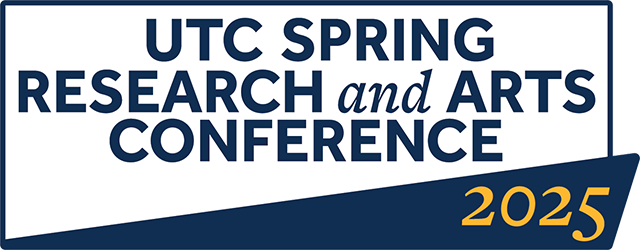Publisher
University of Tennessee at Chattanooga
Place of Publication
Chattanooga (Tenn.)
Abstract
Binary classification is a frequently encountered machine learning problems. Many machine learning algorithms are used to solve binary classification problems. However, all machine learning algorithms are not suited or efficient for solving binary classification problems.
In this paper, authors has proposed a approach. The proposed approach is a machine learning algorithm, to solve binary classification problems. Authors has combined modified stacking and voting ensemble machine learning techniques for binary classification problems. Before combining the ensemble techniques, authors has modified the stacking ensemble technique for making the proposed method more robust.
This proposed method was applied on two different binary class data set to generalize. The experimental result of the proposed method shows that it can effectively classify binary class data set with an improved accuracy of 99.63%.
Moreover, it shows better performance than other state-of-the-art machine learning algorithms for binary classification.
Document Type
posters
Language
English
Rights
http://rightsstatements.org/vocab/InC/1.0/
License
http://creativecommons.org/licenses/by/4.0/
Recommended Citation
Uddin, J M IMTINAN and Qin, Hong, "A Combination of Modified Stacking Method with Voting Ensemble Technique for Binary Classification". ReSEARCH Dialogues Conference proceedings. https://scholar.utc.edu/research-dialogues/2025/posters/13.
A Combination of Modified Stacking Method with Voting Ensemble Technique for Binary Classification
Binary classification is a frequently encountered machine learning problems. Many machine learning algorithms are used to solve binary classification problems. However, all machine learning algorithms are not suited or efficient for solving binary classification problems.
In this paper, authors has proposed a approach. The proposed approach is a machine learning algorithm, to solve binary classification problems. Authors has combined modified stacking and voting ensemble machine learning techniques for binary classification problems. Before combining the ensemble techniques, authors has modified the stacking ensemble technique for making the proposed method more robust.
This proposed method was applied on two different binary class data set to generalize. The experimental result of the proposed method shows that it can effectively classify binary class data set with an improved accuracy of 99.63%.
Moreover, it shows better performance than other state-of-the-art machine learning algorithms for binary classification.


